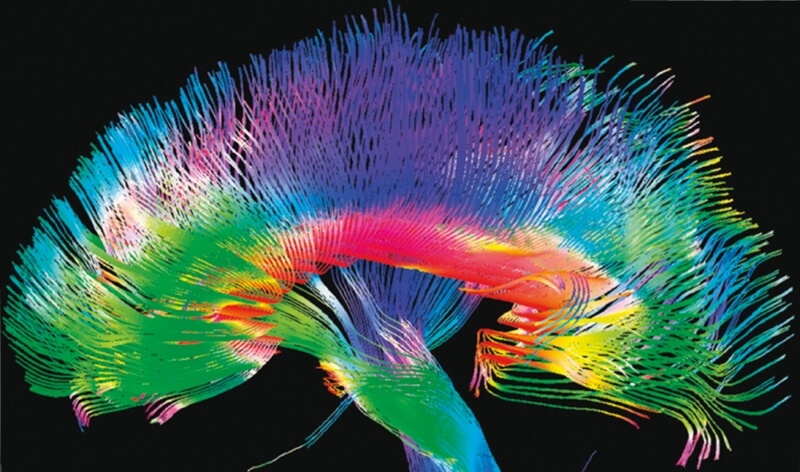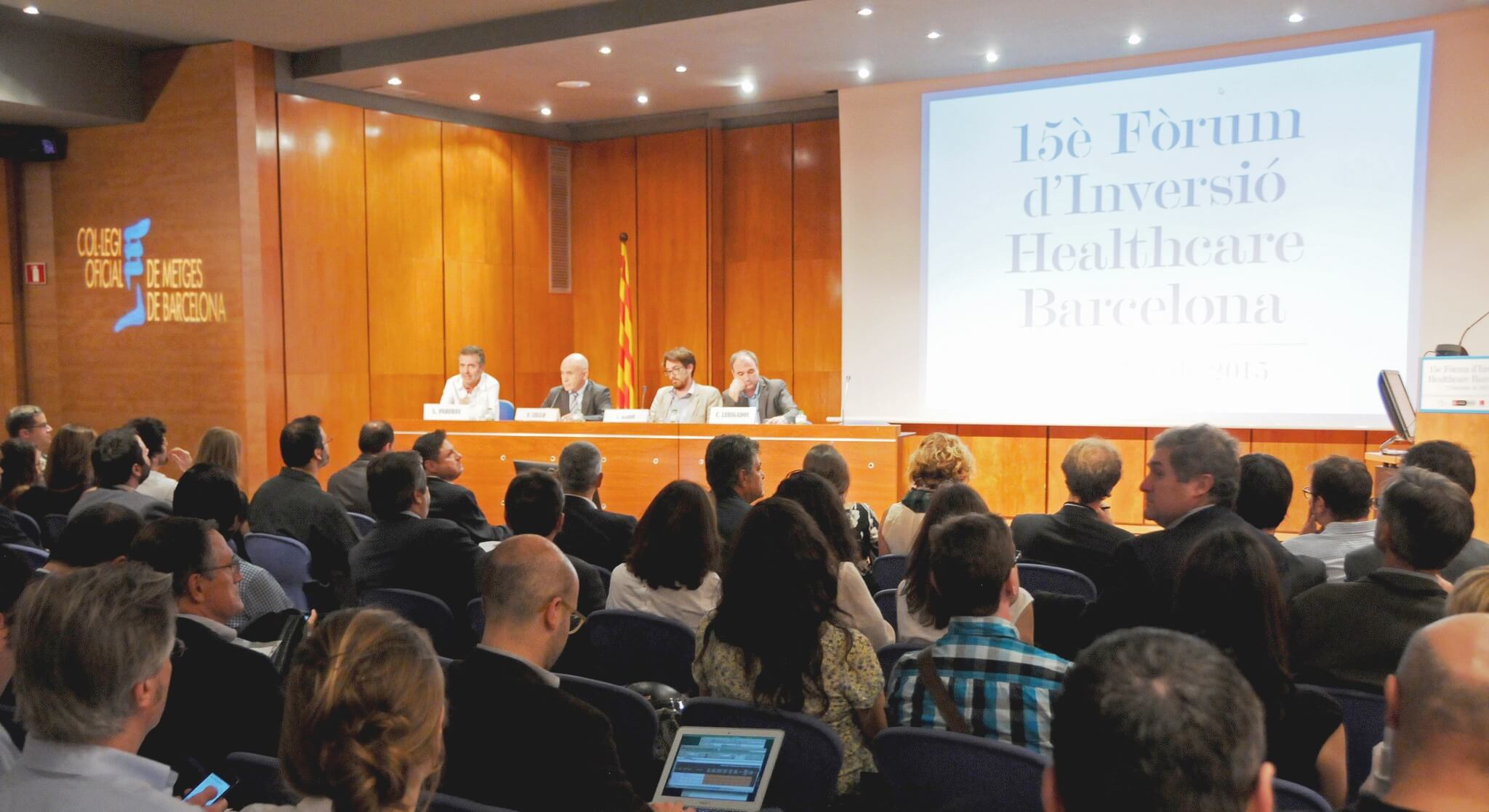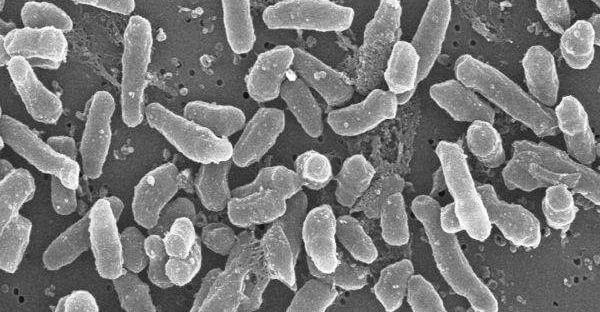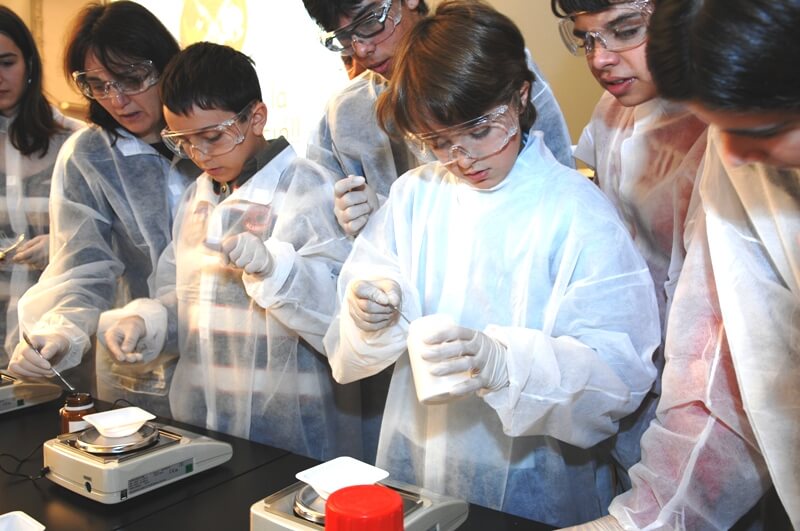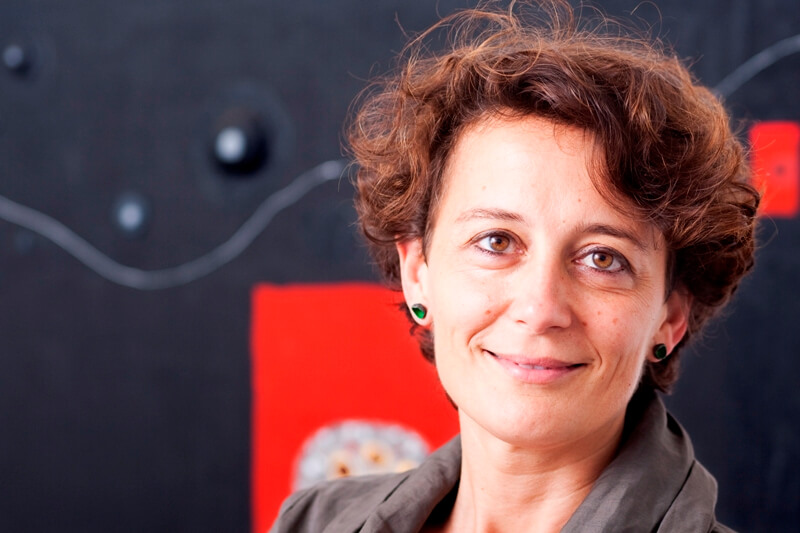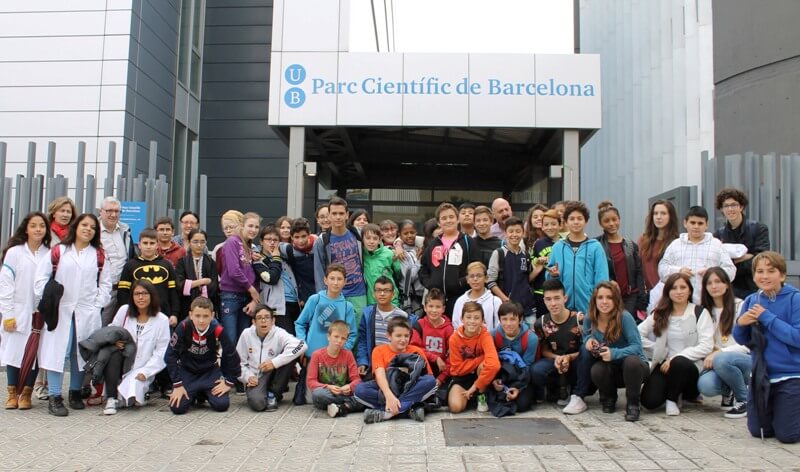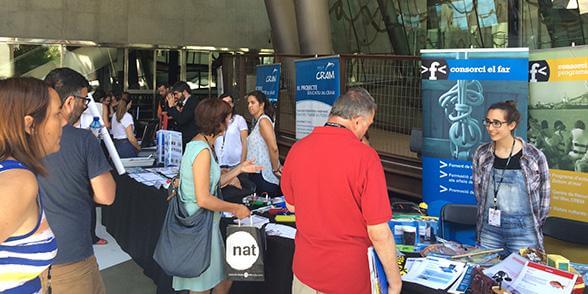In compliance with Regulation (EU) 2016/679 of the European Parliament and of the Council of 27 April 2016 on the protection of natural persons with regard to the processing of personal data and on the free movement of such data and Spanish Constitutional Law 3/2018, of 5 December, on Personal Data Protection and Guarantee of Digital Rights, we hereby inform you that the personal data provided by you through the website https://www.pcb.ub.edu/intranet/ (hereinafter Intranet), will be processed under the following terms:
1 – Data controller
The personal information collected through this website will be processed by FUNDACIÓ PARC CIENTÍFIC DE BARCELONA, with address for exercising rights at C/ Baldiri i Reixac, 10-12 – 08028 Barcelona. E-mail: info@pcb.ub.cat.
Contact details of the data protection officer: C/ Santiago Rusiñol 8 L.11, 08750, Molins de Rei – dpo@pcb.ub.cat.
2 – Purposes for processing
This Intranet is designed to facilitate access to our services for all the organisations and individuals who form part of our community. To do so, a series of forms have been provided for a wide variety of purposes where data processing will be defined as follows:
2.1. The communication department of PCB manages our Newsletter “T’interessa” where we send the latest news and updates related to the park and other topics in the field of science and research to the PCB community. To manage the newsletter registration requests, we use a short form on our Intranet.
The data collected in this form will be processed under the following terms:
- Legitimacy: The express consent of the person concerned indicated by filling in the form and the legitimate interest of the requesting party.
- Data beneficiaries: This data will not be passed on to third parties except under legal obligation.
- Processing duration: The data will be processed for as long as the person concerned does not withdraw their consent. We recommend that you consult the section entitled “Rights” to see the different channels available to users to send us their requests.
2.2. The members of our community can send us their complaints and suggestions, as well as inform us of any incident that may occur in the common areas of the PCB, by using the different forms that are available.
The data collected in this form will be processed under the following terms:
- Legitimacy: The legitimate interest of the requesting party.
- Data beneficiaries: This data will not be passed on to third parties except under legal obligation.
- Processing duration: This data will be processed for as long as it is necessary in accordance with its purpose and so long as liabilities may arise from this processing.
2.3. PCB has individual lockers for those who request them through the form on our Intranet. These requests are managed by our reception desk.
The data collected in this form will be processed under the following terms:
- Legitimacy: The fulfilment of a contract to which the person concerned is bound or the enforcement of pre-contractual measures at the request of the person concerned.
- Data beneficiaries: This data will not be passed on to third parties except under legal obligation.
- Processing duration: This data will be processed for as long as it is necessary in accordance with its purpose and so long as liabilities may arise from this processing.
2.4. In order to obtain the necessary authorisation for capturing images within our facilities, you will need to fill in the corresponding form in the “espais” (spaces) area of our Intranet. This request will be reviewed by the PCB communication department.
The processing of data for these purposes will be carried out under the following terms:
- Legitimacy: The legitimate interest of the data controller.
- Data beneficiaries: This data will not be passed on to third parties except under legal obligation.
- Processing duration: This data will be processed for as long as it is necessary in accordance with its purpose and so long as liabilities may arise from this processing.
2.5. The PCB reception desk manages controlling access to the facilities, as part of the services provided to the organisations at the park. Before accessing the premises, it will be necessary to identify the people who wish to access our facilities. Therefore, PCB will set up several forms on our Intranet where members of our community, with the prior approval of the person in charge of the organisation in which they carry out their activity, can make the following requests:
- Request an identification card for new users
- Cancel a user’s membership
- Request a copy of the identification card
- Request specific access to the PCB
The processing of data for these purposes will be carried out under the following terms:
- Legitimacy: In compliance with our facility rental contract with the requesting organisation and the legitimate interest of the requesting party.
- Data beneficiaries: This data will only be processed by us or by our data processors who may be entrusted by us with some of the services involved, and will only be passed on to third parties if legally obliged to do so.
- Data retention: This data will be processed for as long as it is necessary in accordance with its purpose. The personal details of any visitors will be deleted from our systems 30 days after their visit
2.6. PCB has meeting rooms, auditoriums and multi-purpose rooms for networking events, seminars, workshops and congresses, among others. You can manage booking requests for these rooms through the dedicated tool on our Intranet, where you can also check the availability of these rooms.
The data collected in this area will be processed under the following terms:
- Legitimacy: The fulfilment of a contract to which the person concerned is bound or the enforcement of pre-contractual measures at the request of the person concerned.
- Data beneficiaries: This data will not be passed on to third parties except under legal obligation.
- Processing duration: This data will be processed for as long as it is necessary in accordance with its purpose and so long as liabilities may arise from this processing.
2.7. The organisations located in the park can request maintenance services to maintain the facilities in good condition, as well as request changes to the facilities to adapt the spaces to their activity. These requests can be managed by using the corresponding forms available on the Intranet, which are managed by the customer area of our organisation.
The processing of data for these purposes will be carried out under the following terms:
- Legitimacy: In compliance with our space rental contract with the requesting entity.
- Data beneficiaries: Your data may be transferred to the companies in charge of carrying out this maintenance or repair, in order to allow the contact management between the parties.
- Data retention: This data will be processed for as long as it is necessary in accordance with its purpose and so long as liabilities may arise from this processing.
2.8. This Intranet can also be used to manage registrations, cancellations or requests for access to scientific services such as radioactive facilities, special reaction rooms, culture rooms, access to services and facilities in the animal facility, and also to make requests for the collection of equipment with disinfection certification for equipment disposal.
Regarding the reservation of rooms and occasional access to specialized services that the Park makes available to its customers, we use a shared calendar which is accessed from our intranet, which will allow greater coordination and communication between the different entities that use these services.
The processing of data for these purposes will be carried out under the following terms:
- Legitimacy: In compliance with our facility rental contract with the requesting organisation and the legitimate interest of the requesting party.
- Data beneficiaries: This data will only be processed by us or by our data processors who may be entrusted by us with some of the services involved, and will only be passed on to third parties if legally obliged to do so.
- Data retention: This data will be processed for as long as it is necessary in accordance with its purpose and so long as liabilities may arise from this processing.
2.9. When using the corresponding forms you request
- A card to use the photocopiers located in the PCB’s common areas.
- To register in the application to access the dry ice service.
- To be able to have water fountains in their private areas.
- The use of the linen rental and laundry services.
- Material in our shop.
The data will be processed under the following terms:
- Legitimacy: The fulfilment of a contract to which the person concerned is bound or the enforcement of pre-contractual measures at the request of the person concerned.
- Data beneficiaries: This data will not be passed on to third parties except under legal obligation.
- Processing duration: This data will be processed for as long as it is necessary in accordance with its purpose and so long as liabilities may arise from this processing.
3 – Exercising your rights
You may exercise your rights of access, rectification, erasure and portability of your data, and of restriction and objection to its processing, by writing to Parc Científic de Barcelona at C/ Baldiri i Reixac, 10-12 – 08028 Barcelona. E-mail: info@pcb.ub.cat, or you can contact our DPO at dpo@pcb.ub.cat. You can ask us for an application form to exercise your rights at any of the addresses provided in this privacy policy.
In the event of any dissatisfaction with the processing, you also have the right to lodge a complaint with the supervisory authority (https://apdcat.gencat.cat).

